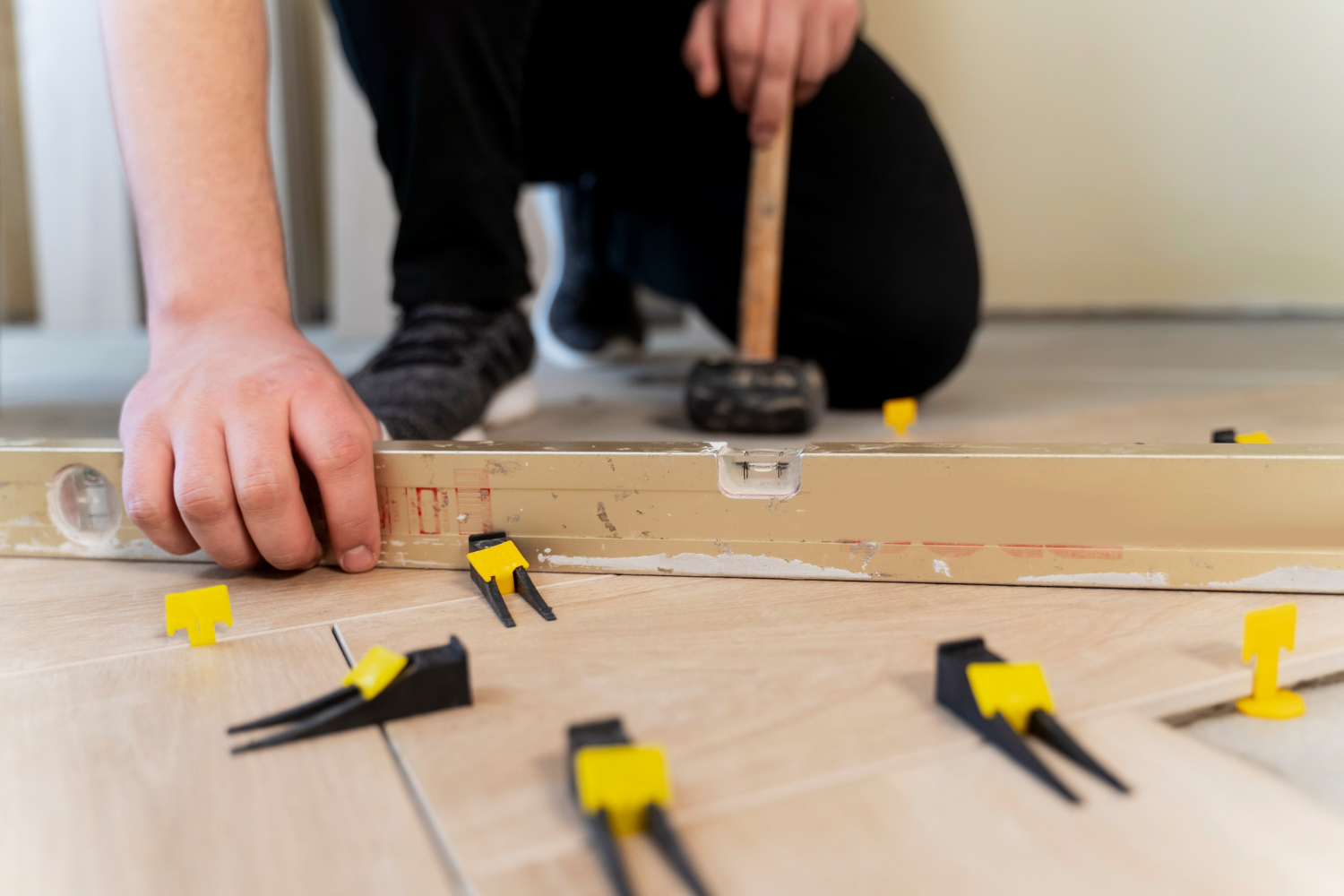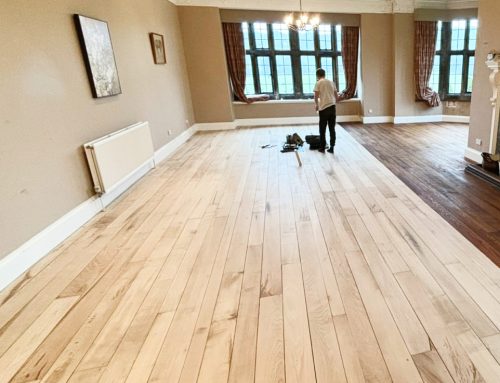Transform Home with Floor Sanding Birmingham is more than a restoration process; it’s an alchemical transformation that breathes new life into tired, worn floors. The art of sanding not only removes years of wear and tear but also reveals the intrinsic beauty and character of the wood beneath. Imagine your home basking in the warmth and elegance of freshly sanded wooden floors, each grain and knot telling its own unique story.
Why Wooden Floors are a Timeless Choice
Wooden floors have a perennial appeal that transcends fleeting design trends. Their natural elegance and versatility make them a favourite among homeowners seeking both aesthetic and practical benefits. Unlike other flooring options, wood improves with age, developing a rich patina that adds to its charm. Furthermore, Wooden Floor Sanding Birmingham services ensure that these floors maintain their beauty and longevity. Wooden floors complement a variety of decor styles, from traditional to contemporary, making them a timeless choice for any home.
The Benefits of Wooden Floor Sanding
Revitalising Your Space: Enhanced Aesthetics
Sanding transforms dull, scratched surfaces into smooth, gleaming expanses that elevate the overall look of your home. The process unveils the natural hues and textures of the wood, adding a touch of sophistication and warmth to your interiors.
Prolonging the Life of Your Floors
By removing the damaged top layer, sanding exposes the strong, healthy wood underneath. This not only restores the floor’s beauty but also strengthens its structural integrity, ensuring it lasts for many more years.
Increasing Property Value
Well-maintained wooden floors are a coveted feature in real estate. Sanding and refinishing can significantly boost your home’s market value, making it more attractive to potential buyers.
The Floor Sanding Process: What to Expect
Initial Assessment and Consultation
A professional service begins with a thorough assessment of your floors to identify any repairs needed and to discuss your desired outcome. This stage is crucial for setting realistic expectations and tailoring the process to your specific needs.
Preparation: Clearing and Cleaning
Before sanding begins, the area must be cleared of all furniture and debris. A meticulous cleaning ensures no dirt or dust interferes with the sanding process, resulting in a smoother finish.
The Sanding Stages: Rough to Fine Grit
Sanding is conducted in multiple stages, starting with coarse grit sandpaper to remove old finishes and deep scratches. Progressively finer grits are used to smooth the surface, leaving it ready for finishing.
Finishing Touches: Staining and Sealing
Once sanding is complete, the floor can be stained to achieve the desired colour. The final step involves applying a protective sealant, which enhances the wood’s natural beauty and guards against future wear and tear.
Types of Wood and Their Sanding Requirements
Popular Wood Types in Birmingham Homes
Common choices include oak, maple, and pine, each with its unique characteristics and sanding needs. Oak, for instance, is durable and takes well to staining, while pine, being softer, requires a gentler touch.
Specific Sanding Techniques for Each Type
Different wood types necessitate varied sanding techniques to prevent damage and achieve the best results. Understanding these nuances ensures a flawless finish tailored to the specific wood in your home.
Common Mistakes to Avoid
Over-Sanding: The Risk of Damage
Over-sanding can thin the wood, compromising its structural integrity. It’s crucial to sand just enough to remove imperfections without weakening the floor.
Skipping Grit Levels: Ensuring a Smooth Finish
Each grit level serves a purpose in the sanding process. Skipping levels can leave the floor uneven and rough, detracting from the final finish. Following the correct progression is key to achieving a flawless result.
Maintenance Tips for Your Newly Sanded Floors
Daily Care and Cleaning
Regular sweeping and occasional damp mopping with a suitable wood floor cleaner keep your floors looking pristine. Avoid excessive water, which can damage the wood.
Periodic Maintenance: Reapplying Finishes
Over time, the protective finish on your floors will wear down. Periodically reapplying a new coat of sealant helps maintain the floor’s appearance and durability.
Conclusion
Wooden floor sanding is a transformative process that rejuvenates your home, adding both beauty and value. By choosing Floor Sanding in Birmingham professional services and maintaining your floors properly, you can enjoy the timeless elegance of wooden floors for years to come. Embrace the journey and let your Birmingham home shine with renewed splendour. If you have any inquiries or would like to learn more about our services, feel free to Contact Us.



